When browsing luxury watches, you may have noticed the term “Chronometer Certified” proudly displayed on dials, casebacks, or spec sheets. But what does this label really mean? Is it just marketing jargon, or does it signify a true standard of quality and precision?
For collectors and enthusiasts, understanding chronometer certification is essential. It not only separates the good from the exceptional but also highlights why certain watches command higher prestige and price. Let’s dive into what makes a watch a chronometer and why it matters.
The Origins of Chronometer Certification
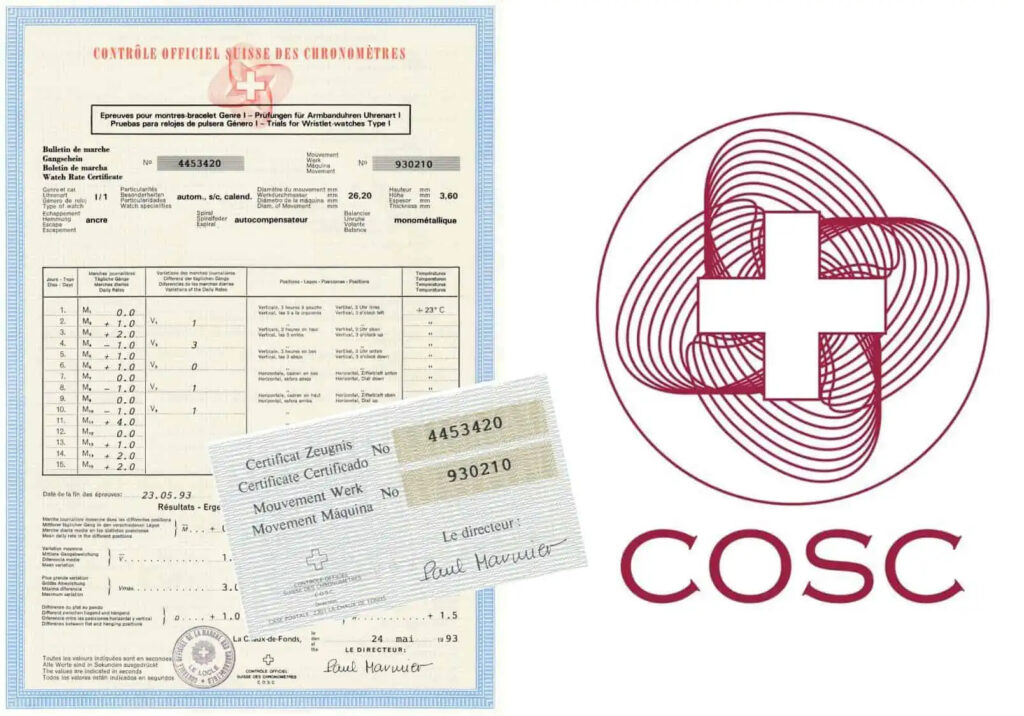
The word chronometer comes from the Greek words chronos (time) and metron (measure). Historically, it referred to highly precise marine timekeepers that helped sailors determine longitude at sea. Accuracy was a matter of survival.
Fast-forward to the modern wristwatch era: chronometer certification has become the ultimate benchmark for accuracy and reliability. The most recognised authority in this field is the Contrôle Officiel Suisse des Chronomètres (COSC), or the Official Swiss Chronometer Testing Institute, founded in 1973.
The COSC Testing Process
Not every Swiss watch gets the chronometer badge—far from it. Only about 3–6% of all Swiss watches produced each year are certified by COSC.
Here’s what the rigorous testing involves:
- 15 days of testing in controlled conditions. 5 different positions (dial up, dial down, crown up, crown down, crown left).
- 3 different temperatures (8°C, 23°C, and 38°C).
- Each movement is evaluated before casing to eliminate external influences.
To pass, a movement must achieve an average daily rate of −4 to +6 seconds per day. That’s significantly tighter than the accuracy of most non-certified mechanical watches.
Beyond COSC: Other Certifications
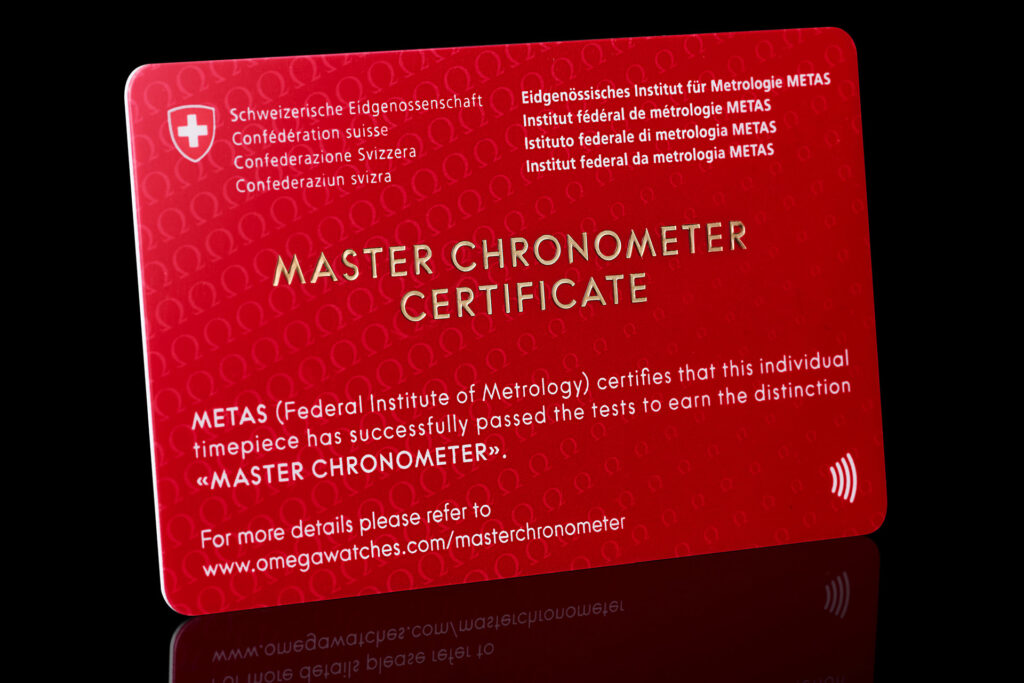
While COSC is the gold standard, it’s not the only certification:
- METAS (Master Chronometer) – Used by Omega, this certification includes COSC testing plus anti-magnetic resistance up to 15,000 gauss, water resistance, and full watch (not just movement) testing.
- Geneva Seal (Poinçon de Genève) – A mark of finishing quality and craftsmanship, awarded to watches made in the Canton of Geneva, including Vacheron Constantin and Patek Philippe (before Patek introduced its own seal).
- In-House Standards – Rolex’s Superlative Chronometer certification guarantees −2/+2 seconds per day, exceeding COSC standards. Grand Seiko also uses its own internal accuracy tests, often more stringent than COSC.
Why Chronometer Certification Matters
- Precision You Can Trust – A chronometer-certified watch assures you of superior accuracy compared to standard mechanical watches.
- Prestige and Value – Certification adds to a watch’s reputation and resale value. Brands proudly display “Chronometer” on their dials as a mark of excellence.
- Heritage and Tradition – Certification connects today’s watches with centuries of horological pursuit for accuracy, especially in navigation and science.
Which Watches Are Chronometer Certified?
Some of the most iconic chronometer-certified watches include:
Rolex Submariner, Datejust, and Daytona – all Rolex models are COSC + Superlative Chronometer certified.
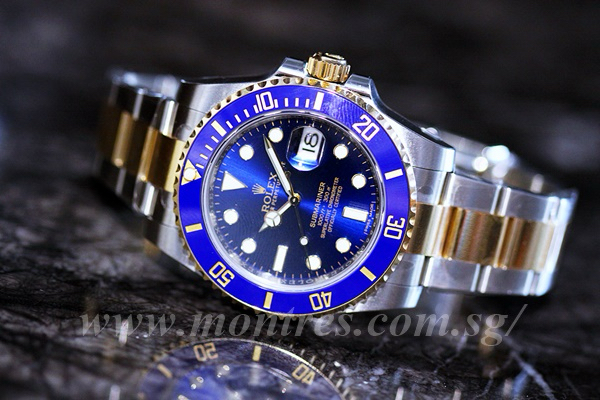
Omega Seamaster and Speedmaster Master Chronometers – certified by both COSC and METAS.
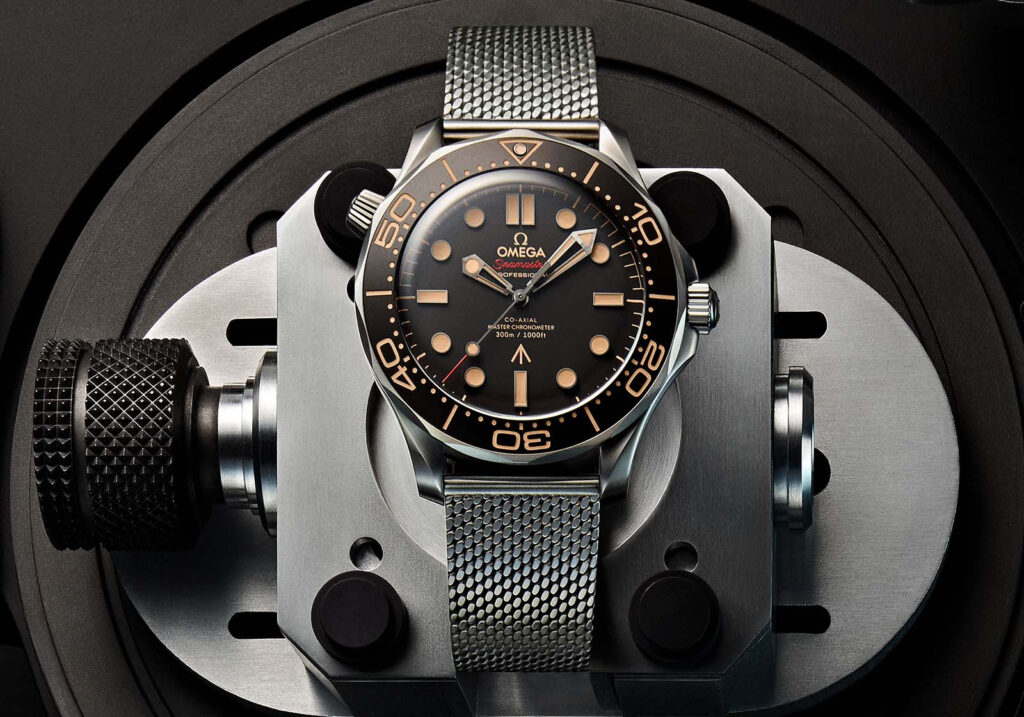
Breitling Navitimer and Superocean – every Breitling watch is COSC-certified.

Grand Seiko Hi-Beat models – not COSC, but subject to GS’s even stricter internal testing.
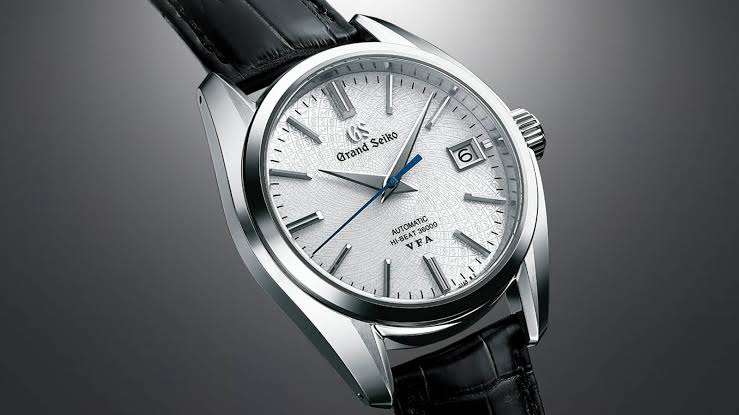
Is Chronometer Certification Worth It?
For everyday wearers, a few seconds per day may not make a dramatic difference. However, for enthusiasts, collectors, and professionals who demand reliability, chronometer certification is a badge of excellence. It’s not just about accuracy—it’s about confidence that your watch meets some of the strictest horological standards in the world.
That said, not all great watches are chronometer certified. Many high-end brands produce masterpieces without seeking COSC certification, relying instead on their reputation or in-house testing.
Conclusion: A Mark of Trust
A chronometer-certified watch is more than just a timepiece—it’s a precision instrument backed by rigorous testing and centuries of horological tradition. Whether it’s a Rolex, Omega, Breitling, or Grand Seiko, wearing a certified chronometer means you own a watch built for accuracy, reliability, and excellence.
In the end, certification may not be the only factor when choosing a watch, but it remains one of the clearest signs that your timepiece is among the best in its class.
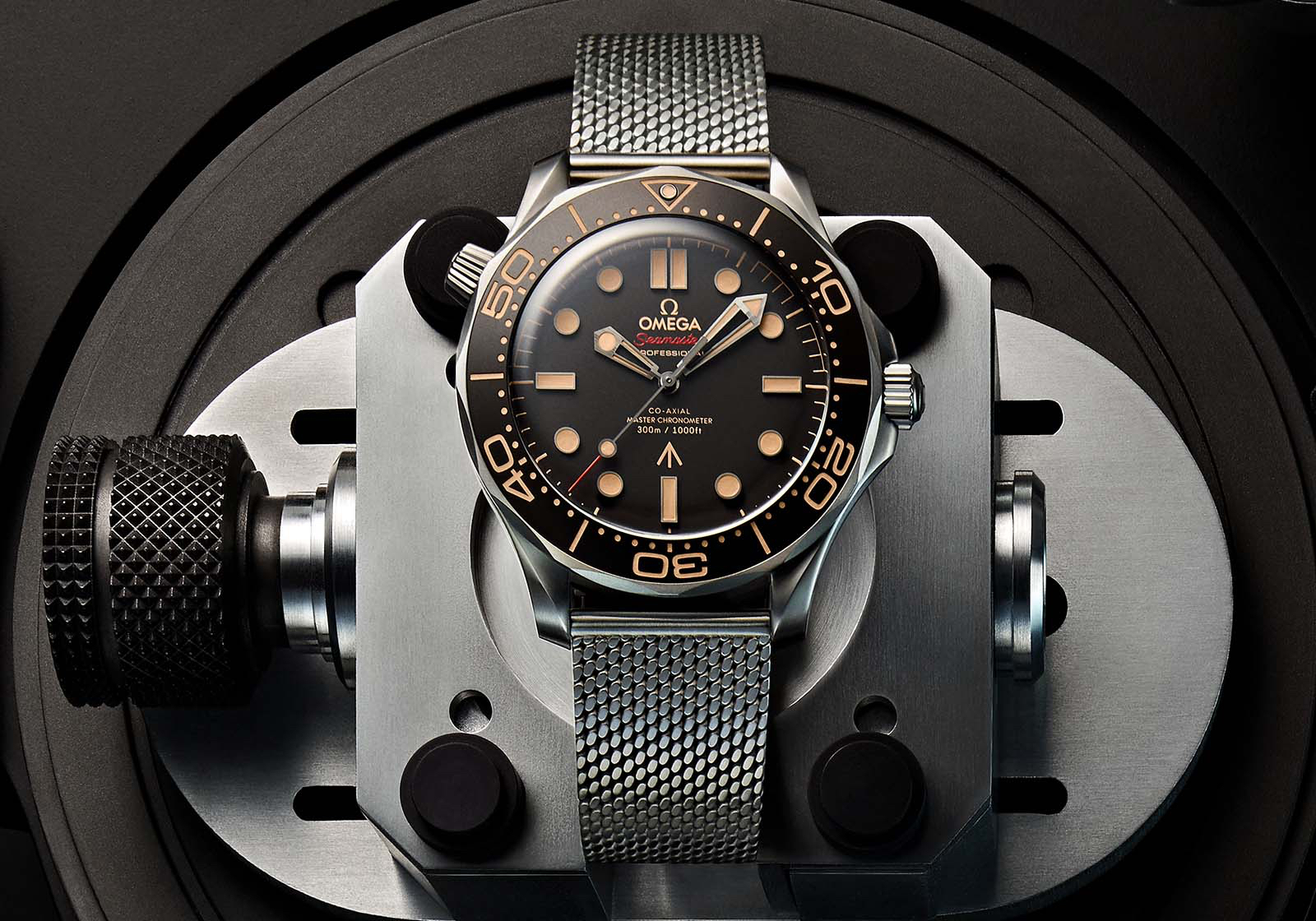
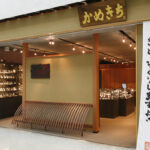
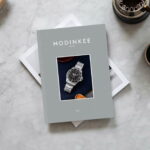
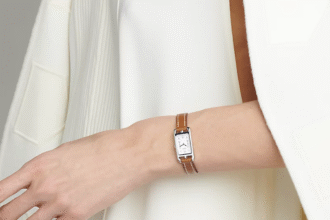
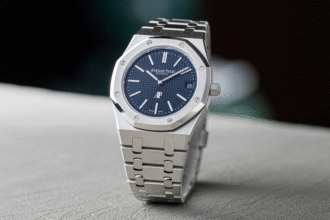
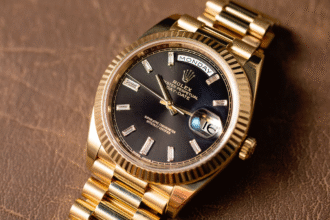
2 Comments